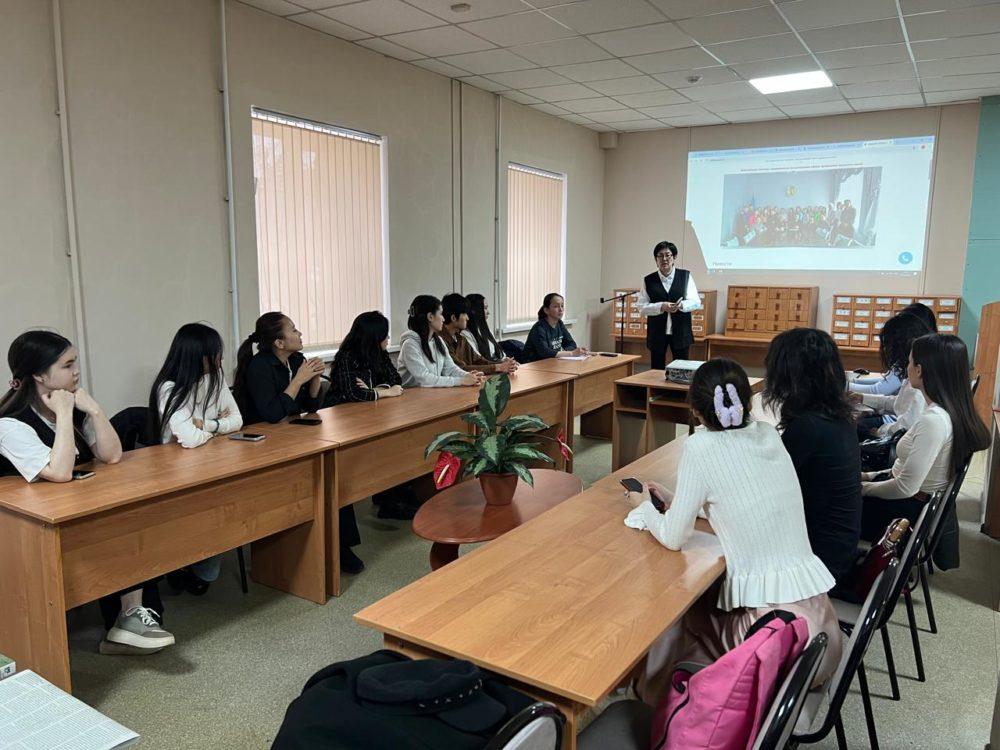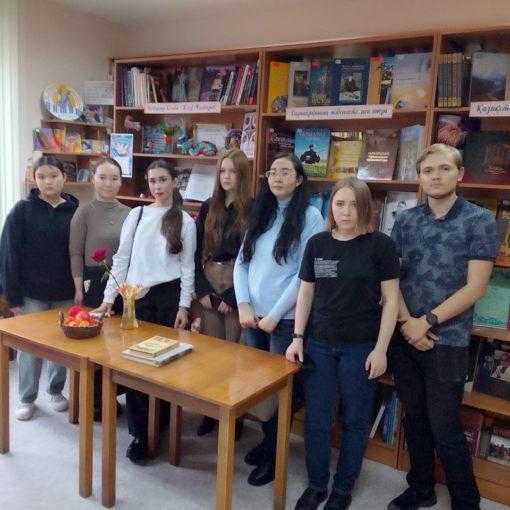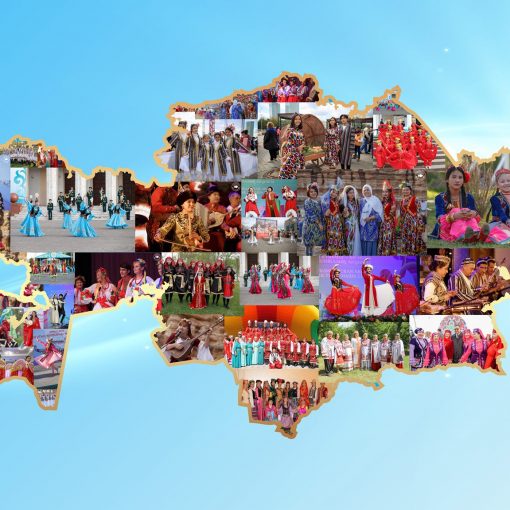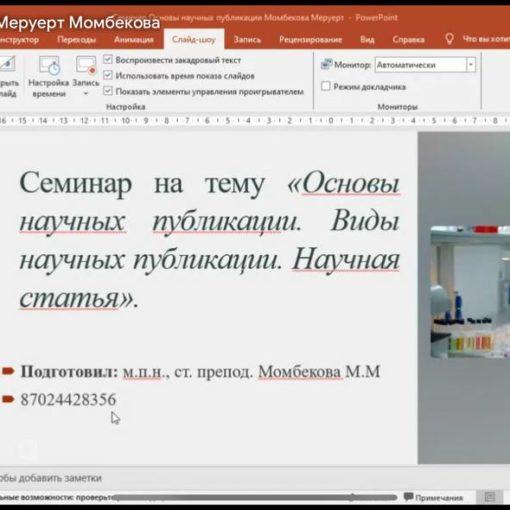On April 7, 2025, a scientific seminar on “Scientific databases: principles and possibilities of use” was held at the Bolashaq Academy Scientific Library as part of the Science Week. The event was organized by Alla Anatolyevna Shvedova, Head of the Scientific Library, and Meruert Maratkyzy Mombekova, Senior Lecturer at the Department of Foreign Languages and Intercultural Communication.
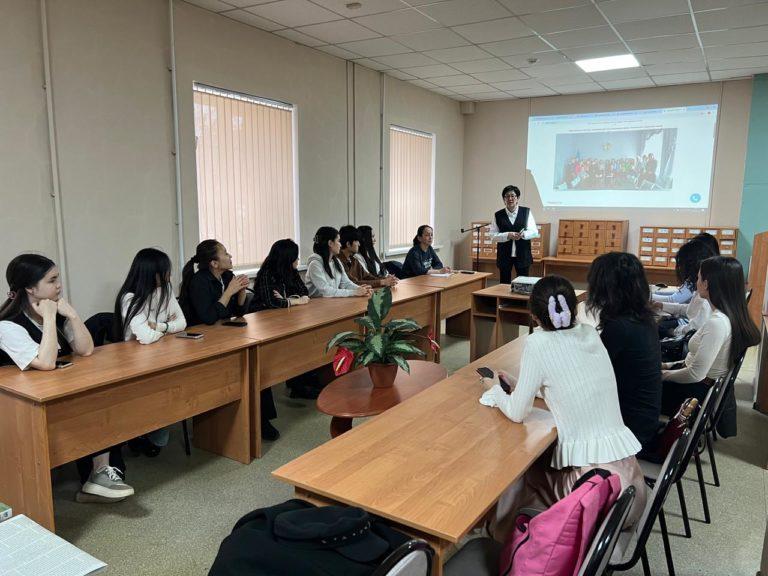
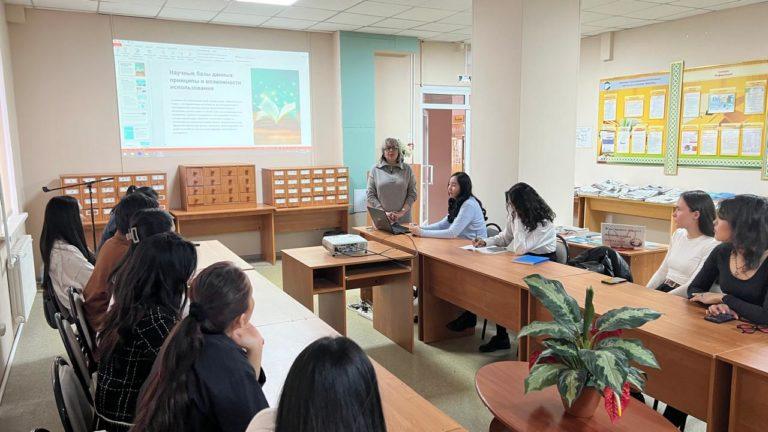
During the seminar, special attention was paid to reviewing and demonstrating the functionality of the databases to which the Bolashaq Academy Scientific Library provides access. The participants were provided with information resources such as:
IRBIS is an automated library and information system that provides access to the electronic catalog of the library’s collection, including monographs, textbooks, manuals, articles and dissertations. The possibilities of advanced search by author, title, subject, and keywords, as well as the functions of previewing and generating literature lists, were demonstrated.;
The RMEB (Republican Interuniversity Electronic Library) is a digital archive of scientific and educational materials from universities in the Republic of Kazakhstan, providing access to full–text documents, including graduation papers, dissertations, scientific articles and conference collections.;
PolPred.com – an analytical system for accessing materials from leading business and industry publications, useful for obtaining up-to-date information on economics, law, international relations and foreign economic activity;
LAWYER is a specialized legal database that includes regulatory legal acts, judicial practice, comments on legislation and analytical materials that are especially in demand in the process of preparing legal and interdisciplinary research;
eLIBRARY.ru – the largest Russian information platform for scientific publications integrated with the RSCI (Russian Science Citation Index) system, providing access to journals, conference collections, books and other sources of scientific information.
During the seminar, the participants were provided with detailed information about the functionality of leading international scientific databases and platforms actively used in academic research. Among them, the following were considered:
Google Scholar is a universal search engine for academic literature. The participants were shown the ability to search by keywords, authors, topics, and year of publication. The methods of filtering data, sorting by citation, as well as creating and managing author profiles are explained.
Scopus and Web of Science are the largest abstract databases providing access to peer—reviewed journals and scientific activity tags. The participants mastered the methods of searching and filtering information by authors, publications and keywords. The citation metrics and the index of scientific publications were also considered.
ResearchGate and Academia.edu —scientific databases for academic communication, exchange of publications and interaction between researchers. The participants were shown how to search for works by keywords or authors, as well as the possibilities of direct communication with authors through the platform.
BASE (Bielefeld Academic Search Engine) is the largest search engine aggregating resources from open repositories around the world. The participants were shown the process of searching and filtering publications, as well as access to the full texts of documents.
CyberLeninka is a Russian scientific electronic library with open access. Examples of searching by topic and discipline are provided, as well as using filters by author and journal.
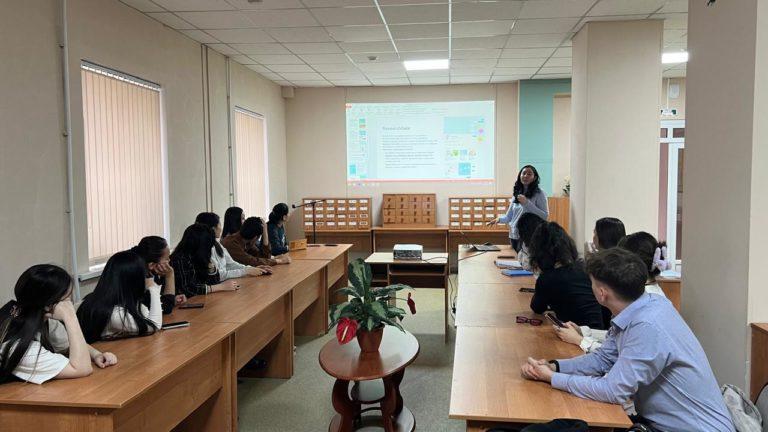
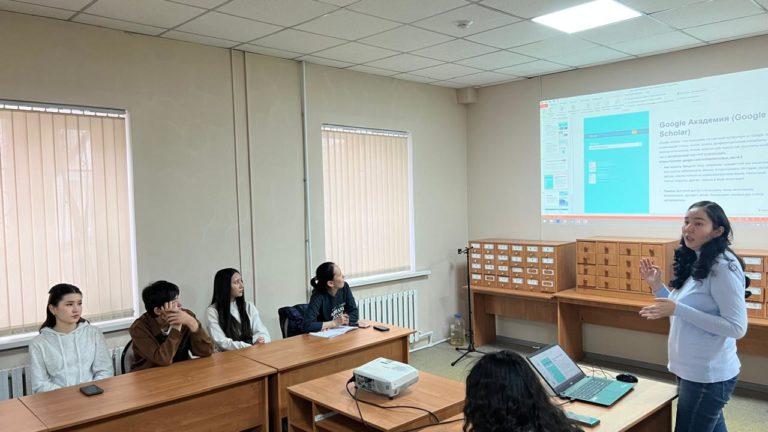
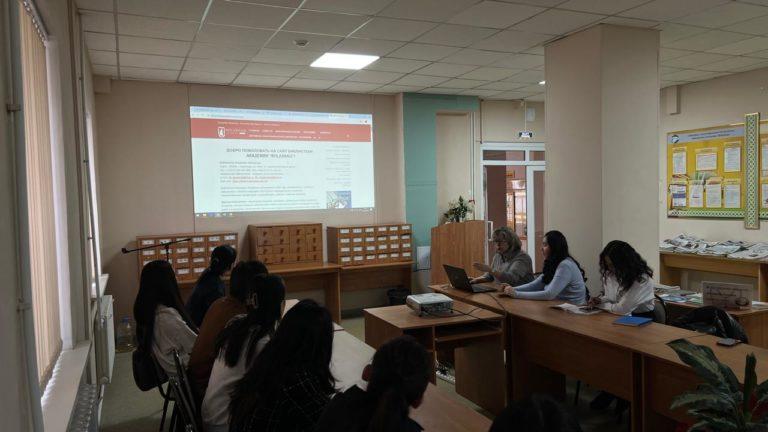
In the practical part of the seminar, work with each of the presented databases was demonstrated step by step, including user registration, interface navigation, search query generation, results filtering, loading and saving texts. Specific recommendations were given on the effective use of these resources for:
selection of relevant literature on the topic under study;
formation of a theoretical and analytical review;
making correct lists of used sources;
preparation and execution of term papers, diploma theses, master’s theses and dissertations in accordance with academic standards.
In an interactive format, the participants were shown real-life examples of working with databases, as well as answers to topical questions related to information and library support for scientific activities. The seminar became a valuable contribution to the development of information and academic literacy of students and undergraduates of Bolashaq Academy.

